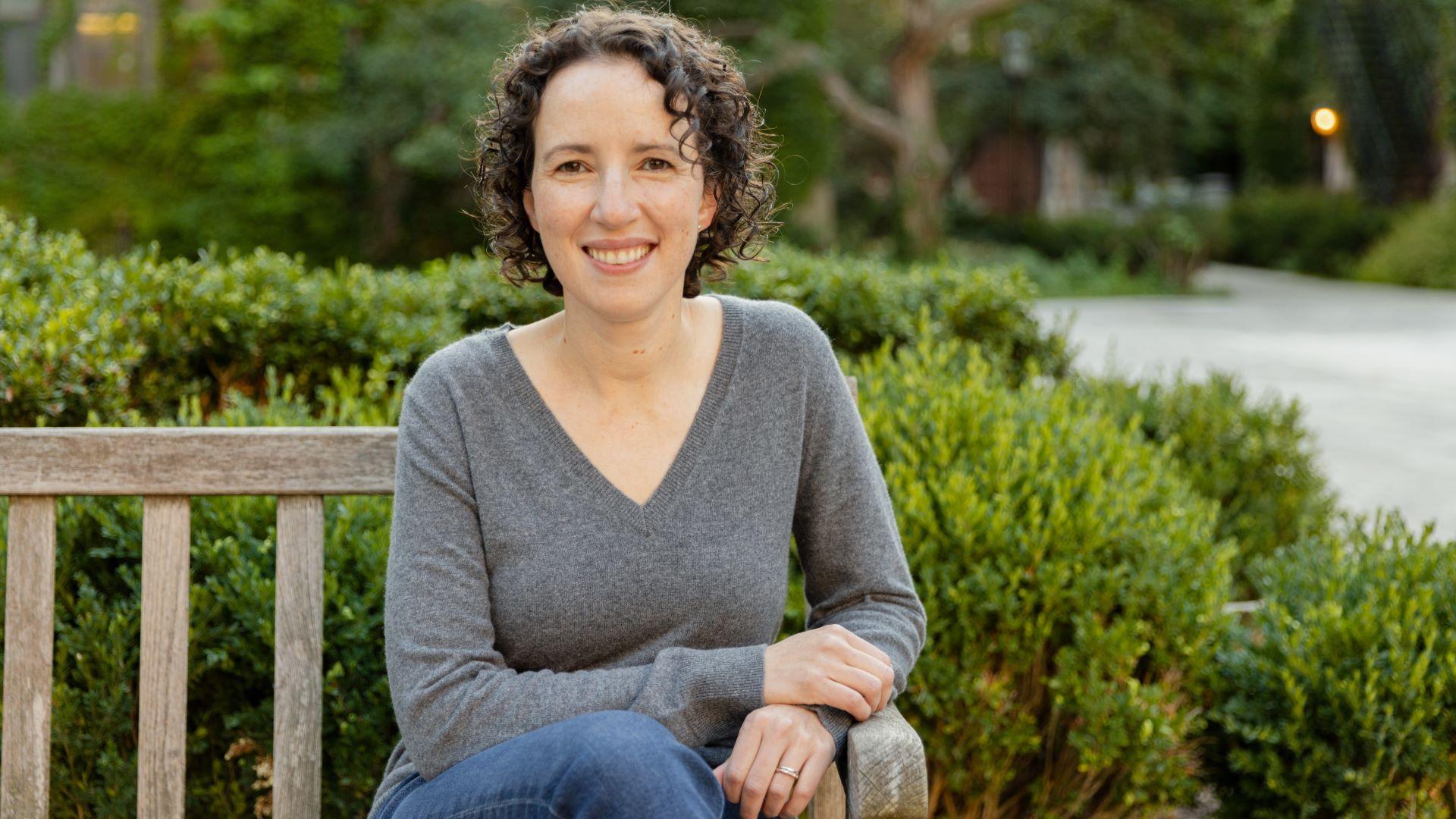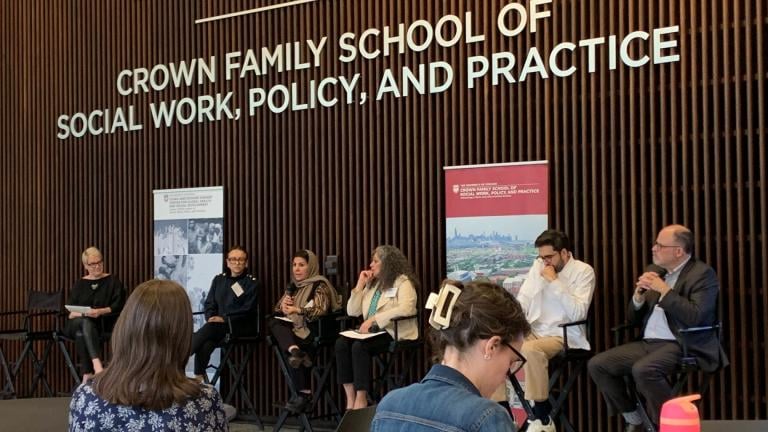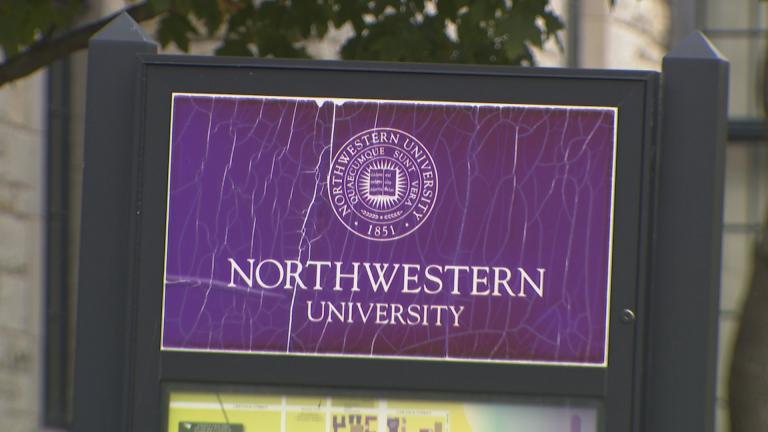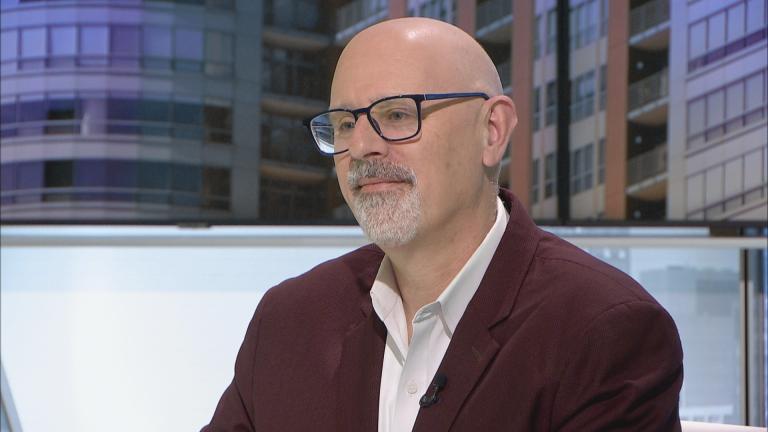 Rina Foygel Barber (John D. and Catherine T. MacArthur Foundation)
Rina Foygel Barber (John D. and Catherine T. MacArthur Foundation)
A University of Chicago professor and statistician is one of 20 recipients in this year’s class of MacArthur Fellows for her work to improve the quality of statistical analysis.
Rina Foygel Barber, 40, was announced as one of the newest members of the so-called “genius grant” fellowship, which provides recipients with an $800,000 no-strings-attached award over five years to spend however they want.
According to her biography, Barber is the Louis Block Professor of Statistics at UChicago, and her research focuses on reducing false discovery rates and cross-validating machine learning prediction models.
“The research I do is mostly theoretical,” she said in a video on the MacArthur Fellows Program website. “What I’m interested in is how to understand what it is that algorithms are doing and what it is that models are doing when we apply them to complex data and high-dimensional data.”
Her work improves the quality of statistical analysis while also uncovering the limitations of statistical methodologies, according to her biography, and her findings can be applied to research in several fields, including health care, genomics, climate science, astronomical imaging and the social sciences.
According to UChicago, “high dimensional” data refers to datasets with several potential variables relative to the number of data points. For example, a study of population health could include factors such as age, height, blood pressure or pre-existing conditions. Barber co-developed a technique for working with these types of datasets that reduces the likelihood of false positives during analysis, the university explained.
“We want to know that when our model is predicting something, it’s actually doing it accurately,” she said. “What statistics can offer is a way to quantify these issues and essentially to give us a way to study what it is that these algorithms are actually doing and what good or bad consequences that may have.”
Barber received her master’s in mathematics and a Ph.D. in statistics both at the University of Chicago.
The Chicago-based John D. and Catherine T. MacArthur Foundation began awarding genius grants in 1981 and bases its selections on three criteria: exceptional creativity; promise for important future advances based on a track record of significant accomplishments; and potential for the fellowship to facilitate subsequent creative work.
Other fellows in the 2023 class include:
- E. Tendayi Achiume, Legal Scholar
- Andrea Armstrong, Incarceration Law Scholar
- Ian Bassin, Lawyer and Democracy Advocate
- Courtney Bryan, Composer and Pianist
- Jason D. Buenrostro, Cellular and Molecular Biologist
- María Magdalena Campos-Pons, Multidisciplinary Artist
- Raven Chacon, Composer and Artist
- Diana Greene Foster, Demographer and Reproductive Health Researcher
- Lucy Hutyra, Environmental Ecologist
- Carolyn Lazard, Artist
- Ada Limón, Poet
- Lester Mackey, Computer Scientist and Statistician
- Patrick Makuakāne, Kumu Hula and Cultural Preservationist
- Linsey Marr, Environmental Engineer
- Manuel Muñoz, Fiction Writer
- Imani Perry, Interdisciplinary Scholar and Writer
- Dyani White Hawk, Multidisciplinary Artist
- A. Park Williams, Hydroclimatologist
- Amber Wutich, Anthropologist








